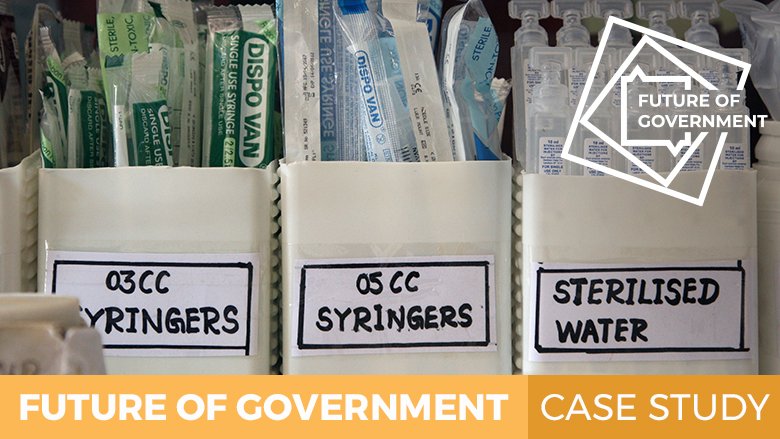Establishing prices and terms
Just 27 days after the start of the lockdown, the DNCP authorized the use of framework agreements (umbrella agreements under which several lots of goods or services can be purchased) in procurement processes. This allowed the DNCP to enter an agreement with potential suppliers by pre-establishing prices and terms. Agencies were now able to purchase goods quickly without having to launch a call for tenders, while maintaining transparency.
Before the health crisis, agencies had 10 days to inform the DNCP that a direct award had been signed following the emergency procedures. The new regulation forced agencies to publish the tender specifications as well as all of the details required by the Public Procurement Information System (SICP) at least 2 days before the tender opening date.
Setting up the notification system
ˇ°The public started to detect irregularities early on and these were reported in the media. They helped us monitor public procurement. In some cases, the scrutiny led to resignations of the highest authorities involved,ˇ± explains Vazquez.
Open data analysis and citizen oversight have given rise to new monitoring tools and helped to detect irregularities which were previously hidden among the mass of information available about procurement processes.
The national procurement agency has set up a system of notifications to ensure that COVID-related calls for tenders are compliant. For example, the alert system checks the contract amounts and ensures compliance with the publicity periods specified. When a noncompliant tender is published, a notification is automatically sent to the head of the inspectorateˇŻs cell phone indicating that a contract has been published that contains something against regulations.
The notification system is also useful for suppliers. Whenever an agency starts a procurement process to buy supplies for the pandemic, suppliers receive an alert from the system, including in cases of direct procurement where processes are shorter due to the urgency of the pandemic.
These measures have helped lower costs for the state and improved service delivery while increasing trust of citizens in the process of public contracting.
Read more about this case on .



